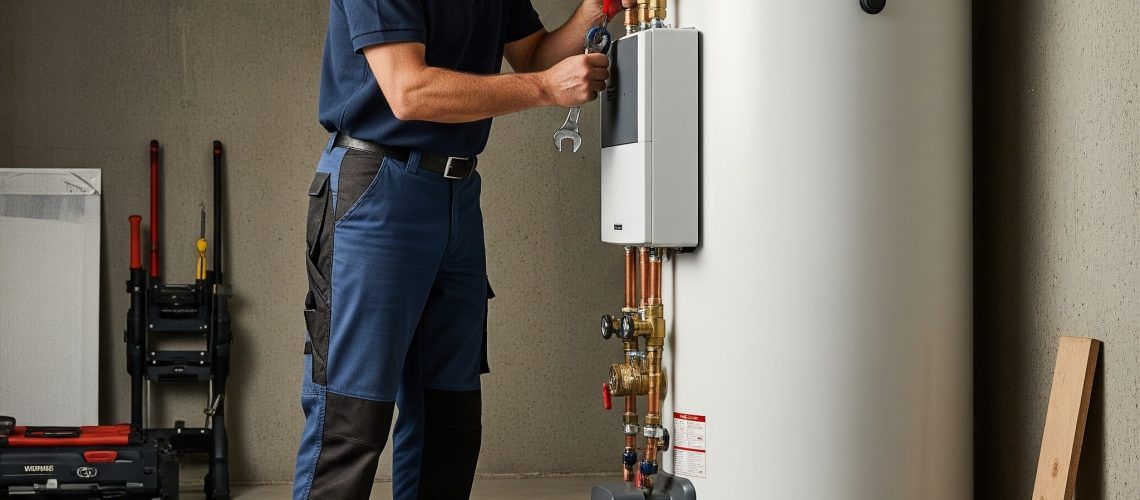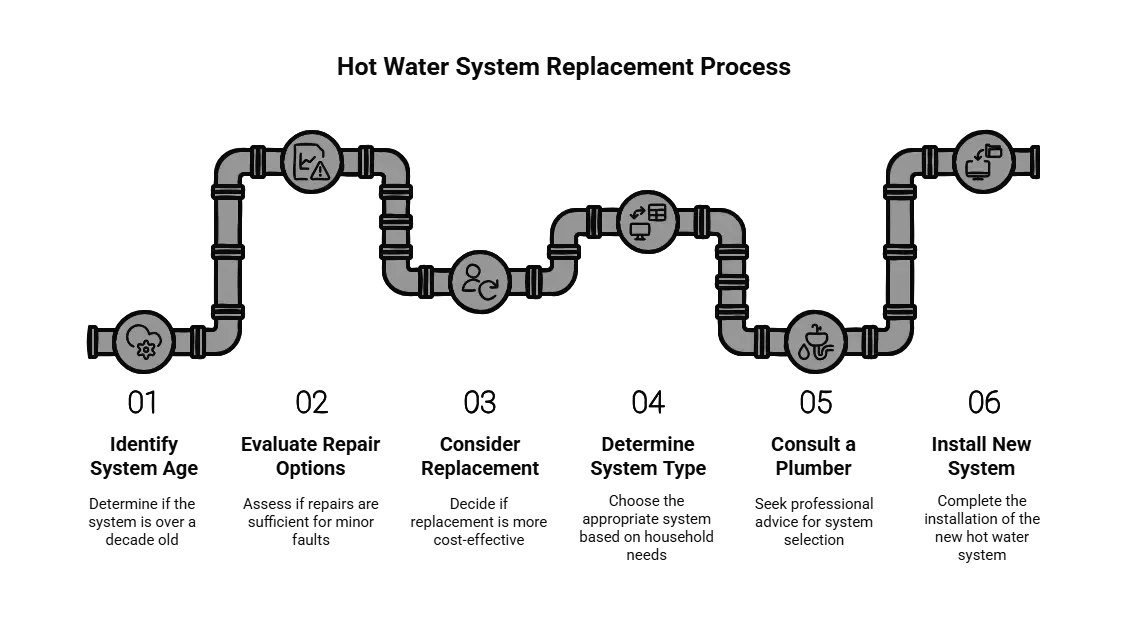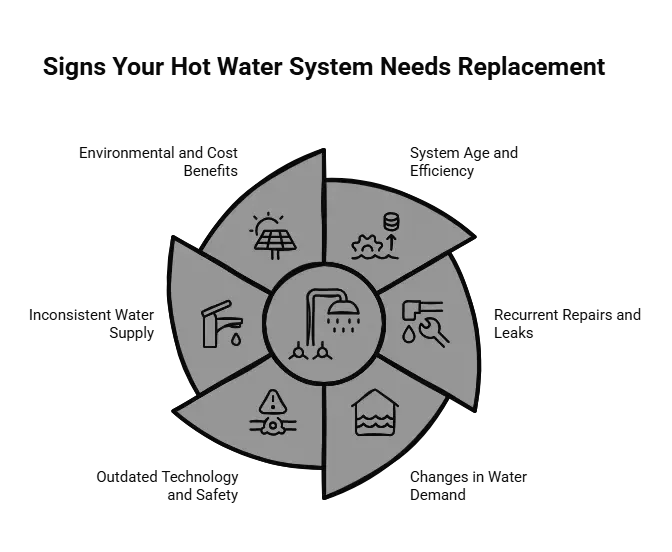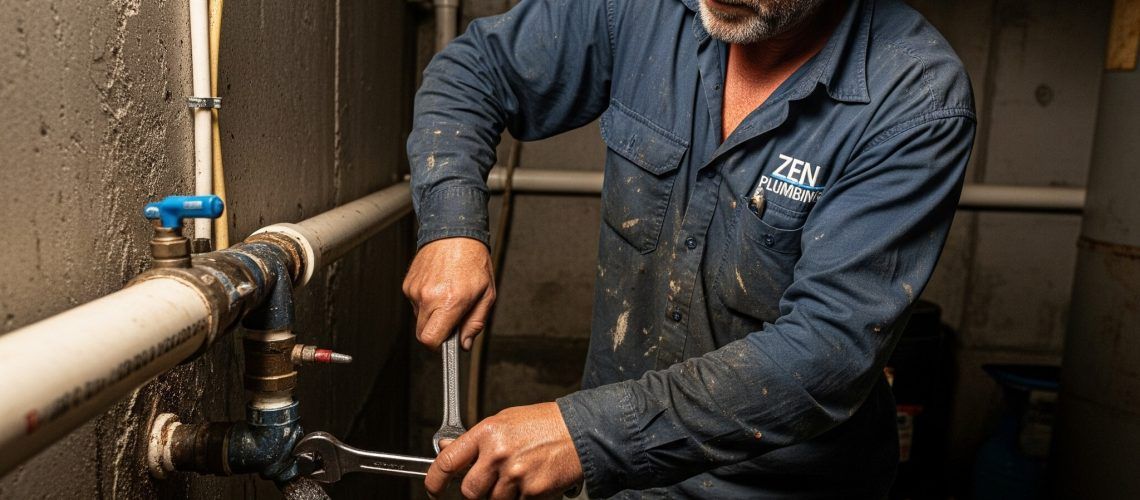When to Replace a Hot Water System in Tweed Heads
Signs Your System Is Failing and How to Avoid Unexpected Breakdowns

Experiencing inconsistent hot water or mounting repair bills? In Tweed Heads, where efficiency and comfort are essential, recognising the right time to replace your hot water system can save you time, money, and inconvenience. This comprehensive guide outlines the key signs, practical considerations, and expert insights to support your decision.
Frequently Asked Questions
How long does a hot water system typically last?
Most systems have a lifespan of 8 to 12 years, depending on usage, maintenance, and water quality. If your system is over a decade old, it may be approaching the end of its service life.
Is repair a viable alternative to replacement?
Repairs may be sufficient for minor faults such as a faulty thermostat or pressure valve. However, if the unit experiences frequent issues or the tank is leaking, replacement is often more cost-effective and reliable in the long term.
What should I expect to pay for a new hot water system?
Prices vary depending on the system type and size. For homes in Tweed Heads, replacement generally ranges from $1,200 to $3,500 including installation. Energy-efficient models may attract additional rebates or incentives.
How can I select the right system for my household?
Consider the number of residents, daily hot water usage, available space, and local energy preferences. Consulting a licensed plumber in Tweed Heads will ensure the chosen system aligns with your property and water demands.

Key Features to Consider
- System Age & Warranty Coverage – Systems older than 10 years or beyond warranty are more prone to failure and should be evaluated.
- Performance Reliability – Decreasing water pressure, fluctuating temperatures, or longer heating times may indicate internal wear.
- Energy Efficiency – Newer systems are designed to minimise consumption and lower utility costs.
- Household Demand – Ensure system capacity matches current and future occupancy levels and water usage patterns.
- Tank Integrity – Corrosion, rust, or visible leakage around the base of the tank often signals the need for urgent replacement.
- Installation Environment – Local water quality and weather conditions should influence your choice of materials and system type.

Indicators That Your System Requires Replacement
System Age and Declining Efficiency
The age of your hot water system is a primary factor in determining its reliability. Systems older than a decade typically experience a decline in efficiency, with slower heating, higher energy consumption, and reduced overall performance.
Older units often lack the advanced features of modern systems, such as high-grade insulation, digital controls, and improved safety mechanisms. Replacing an aging system with a contemporary model can lead to significant improvements in comfort, energy savings, and operational reliability.
Many Tweed Heads residents are now opting for energy-conscious upgrades, including heat pump and solar units that align with sustainable living objectives and deliver long-term value.
Recurrent Repairs and Tank Leaks
Frequent breakdowns are a clear sign that your system may be beyond economical repair. Multiple service calls within a short period indicate systemic failure, where components such as heating elements, valves, or thermostats are no longer performing reliably.
Tank leaks—especially from the base—typically signify internal corrosion, which cannot be repaired. Ignoring such issues may lead to water damage and safety hazards. At Zen plumbing, we strongly advise prompt replacement when leaks or structural failure are identified.
Changes in Household Water Demand
If your household has recently grown—through new occupants, renovations, or lifestyle changes—your existing system may no longer meet daily hot water requirements. Signs such as running out of hot water regularly or longer heat recovery times point to inadequate capacity.
Conversely, if your home now has fewer residents, a smaller and more efficient unit may help lower energy use and reduce ongoing costs. Choosing the correct system size ensures dependable performance while avoiding waste.
Our team at Zen plumbing regularly assists clients in selecting systems that are precisely tailored to current and projected household needs.
Outdated Technology and Safety Standards
Older systems often do not comply with current safety regulations or include modern features designed to prevent accidents. These may include anti-scald devices, pressure relief valves, or temperature regulators.
Additionally, older models may be incompatible with updated plumbing infrastructure or building codes. Upgrading ensures not only operational efficiency but also peace of mind regarding household safety.
Modern hot water systems offer benefits such as programmable timers, digital displays, remote access, and better thermal efficiency—all of which contribute to reduced running costs and a more responsive system.
Inconsistent or Discoloured Water Supply
If your taps produce discoloured, rusty, or foul-smelling water, the internal lining of your tank may be deteriorating. This can introduce sediment and contaminants into your hot water supply and degrade your system’s functionality.
Temperature inconsistency—such as sudden bursts of cold water or delayed heating—often indicates failing components or sediment accumulation. These issues not only impact comfort but also accelerate wear, leading to increased energy use and potential damage to the tank.
Timely replacement is essential to avoid disruption, protect your plumbing, and maintain water quality standards.
Environmental & Cost Benefits of Upgrading
Modern hot water systems offer far more than convenience. Environmentally, new systems consume significantly less energy, particularly solar and heat pump models, which draw from renewable sources or ambient air. This not only reduces your carbon footprint but aligns with sustainability incentives offered by many local councils and energy providers.
From a financial perspective, the long-term operational savings can be substantial. While the upfront cost may seem steep, the reduction in monthly energy bills, minimal maintenance needs, and improved performance deliver a positive return on investment over time. Additionally, installing an energy-efficient system may increase your home’s market appeal and value—particularly in an environmentally conscious area like Tweed Heads.
Systems with higher energy ratings and modern smart features can even qualify for government rebates, helping to reduce your initial investment. Your licensed plumbing installer can advise on the latest local and federal incentives available to homeowners.
Why Local Knowledge Matters in Tweed Heads
Environmental conditions in Tweed Heads—such as coastal humidity, variable water quality, and high mineral content—can impact the longevity and performance of hot water systems. Selecting a unit designed to withstand these factors will maximise durability and reduce long-term maintenance.
An experienced local plumber will also ensure that your new system complies with regional plumbing codes, council regulations, and rebate eligibility requirements. Tailored advice can help you take advantage of incentives for switching to energy-efficient models and ensure the correct installation procedures are followed.
Whether you are replacing an outdated electric unit or exploring more sustainable options, engaging a qualified technician is critical for optimal results and long-term reliability.
If you are noticing performance issues, leaks, or inconsistent water quality, it may be time to consider a system replacement. Our licensed team is here to assist with assessments, product recommendations, and professional installation. For expert support and a no-obligation quote, contact us today.





